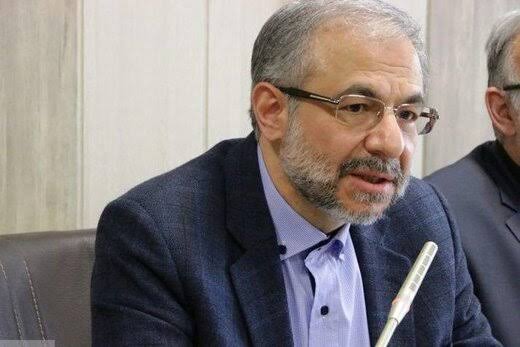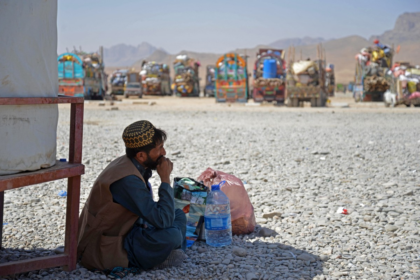RASC News Agency: Rasoul Mousavi, former Director-General for South Asian Affairs at Iran’s Ministry of Foreign Affairs, has urged Iranian authorities to refrain from conflating security concerns with the broader reality of Afghanistani migration. In a measured response to the recent wave of arrests and deportations of Afghanistani nationals, Mousavi emphasized that Afghanistani migrants should not be collectively branded as collaborators with enemy intelligence networks. In a commentary published in a state-affiliated Iranian outlet, Mousavi wrote: “Afghanistanis are not accomplices of enemy spies.” He warned that sweeping generalizations linking refugees to espionage would not only be unjust but would also inflict irreparable harm on the dignity of an already vulnerable population. He called on the authorities to adopt an approach to migration that is “precise, patient, and rooted in human dignity.”
Mousavi’s remarks come amid a marked escalation in the targeting of Afghanistani refugees during the recent twelve-day military confrontation between Iran and Israel. During this period, several Afghanistani nationals were detained by Iranian intelligence on charges of alleged collaboration with enemy forces. Government-aligned media channels in Iran subsequently aired coerced “confessions” by two detainees videos whose authenticity and conditions of recording remain dubious and unverified. Following the cessation of hostilities and the announcement of a ceasefire, Iran has launched an intensified campaign of mass deportations and arbitrary detentions of Afghanistani migrants drawing sharp criticism from human rights defenders and migration advocacy groups.
In a pointed section of his statement, Mousavi added: “Having worked on Afghanistan for many years, I can say with certainty that the hatred many Afghanistanis feel toward the agents of Israel and other hostile powers is at least as profound as that of any Iranian.” He stressed that legitimate national security concerns should never be exploited as a pretext for widespread crackdowns on innocent civilians, particularly those who have sought refuge under already dire circumstances. Mousavi’s intervention has emerged at a time when public discourse in Iran is increasingly hostile toward Afghanistani refugees, shaped by inflammatory state media coverage and security-driven narratives. His appeal reflects a growing call among seasoned diplomats and civil society actors for a fundamental reassessment of Iran’s treatment of Afghanistani migrants a population that has fled war, persecution, and the regressive oppression of Taliban rule, only to face renewed vulnerability across the border.
As thousands of Afghanistani men, women, and children remain in limbo, often subjected to racial profiling, extortion, and threats of deportation, voices like Mousavi’s underscore the urgent need for Iranian policymakers to abandon collective punishment in favor of policies grounded in justice, compassion, and international humanitarian law.






